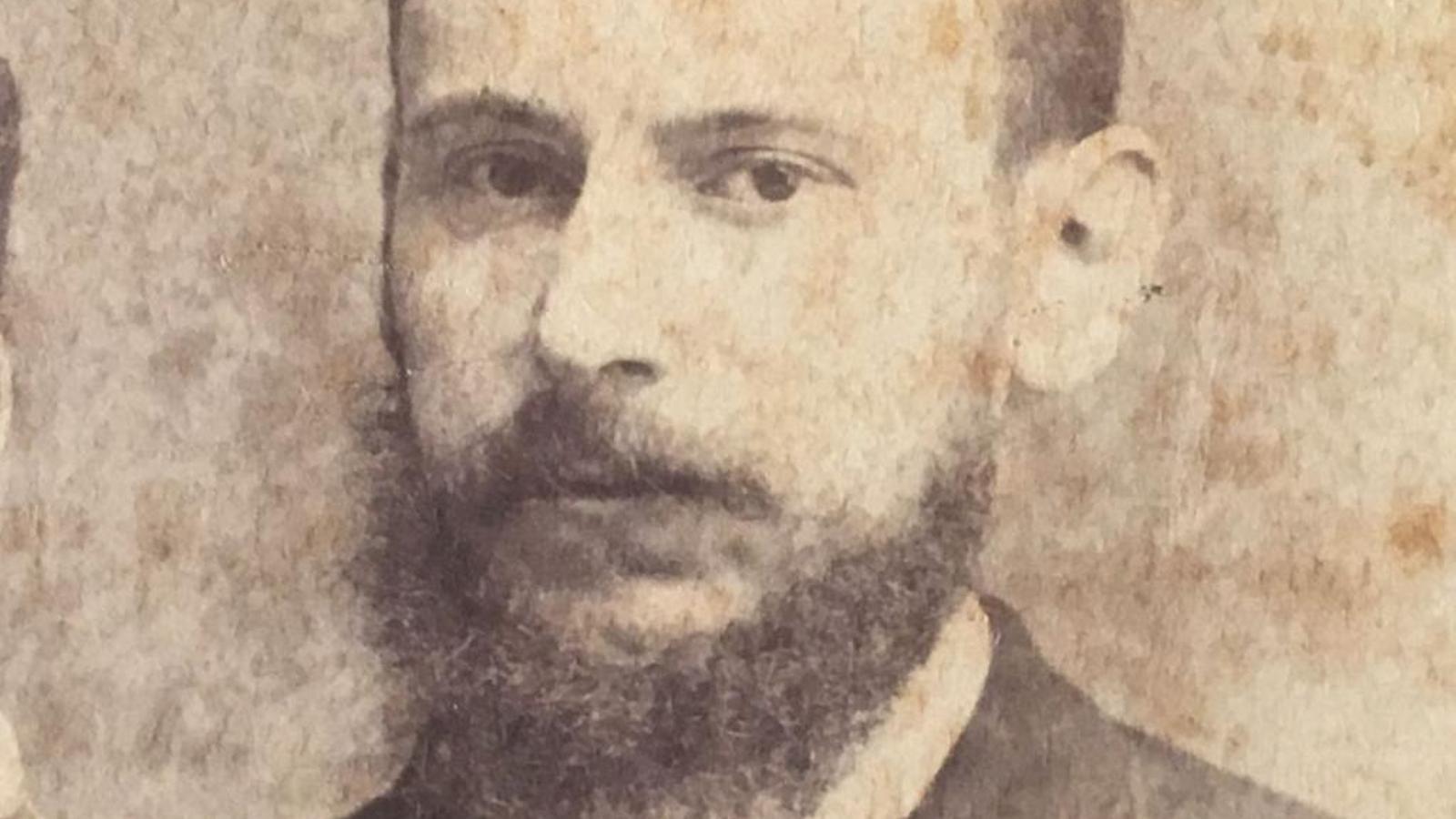Josep Tous Ferrer was also one of the pioneers who saw the possibilities of a new means of transportation: aviation. He was the director—and the driving force—of the company Aero Marítima Mallorquina, the first to establish an air connection between the islands and the mainland, specifically between Palma and Barcelona.
Tous followed closely the first flights that took place in Mallorca. According to Luis Fábregas, he was the one who located "a spot in Pomelo" that seemed suitable for this type of activity. It was Son Sant Joan, the site of Palma Airport today.
Miquel Buades Socias has reconstructed this story point by point. It was in March 1921, at a meeting in the exclusive Círculo Mallorquín de Ciudad, that the Aero Marítima Mallorquina was created. They acquired a seaplane that they named Mallorca , and painted the Mallorcan flag on it. A passenger recorded the first flight, writing: "The engine never failed once." This is where another of Tous's passions became evident, as he filmed a movie of the day.
Josep Tous faced some criticism of this initiative, and he himself responded with an article in La Última Hora , calling the authors "feeble-minded." He also stated that, to be profitable, the airline needed a state subsidy. And he certainly "won't hold back" in Mallorca what he had granted to Seville for a landline.
For once, and without setting a precedent, Tous was right. Indeed, the Spanish government granted Aero Marítima the mail service between Barcelona and Palma, with a subsidy of six pesetas per kilometer. It must also be said that Mallorcans with influence in Madrid—Antoni Maura, Alexandre Rosselló, General Weyler, and his son, Ferran, a member of parliament—moved heaven and earth to secure this.
But to fill that concession, not one, but six planes were needed, and here Tous once again encountered reluctance from those who could contribute the necessary funds. Joan March refused to participate, so Tous himself became the main contributor to the venture. The plan was to extend the line to Mahón and Ibiza, and the two seaplanes were named Menorca and Ibiza .
That adventure was brief. Two accidents led to the temporary suspension of service, and criticism was again leveled at the airline. In December 1923, Aero Marítima's brief history came to an end.


